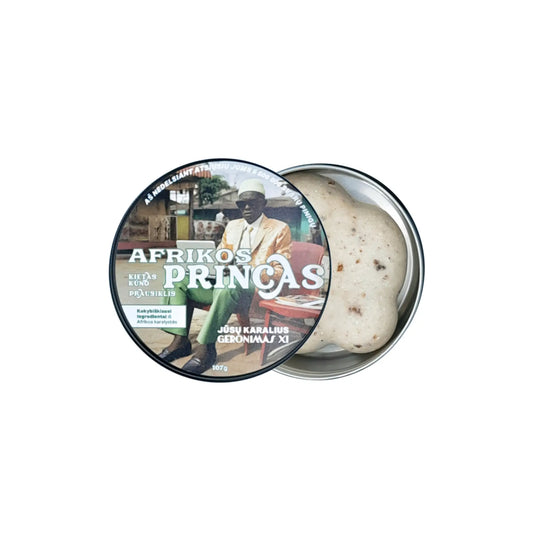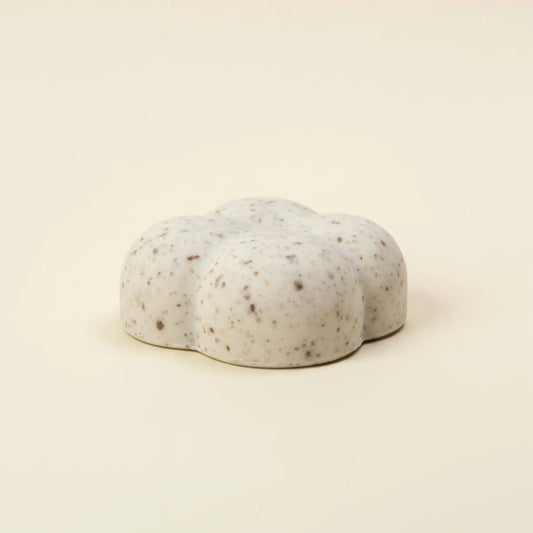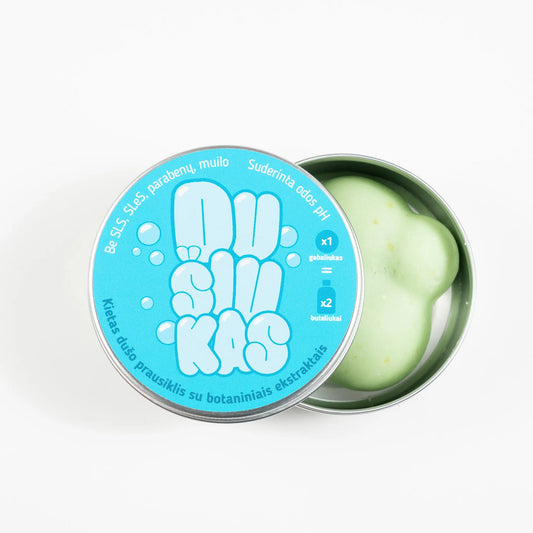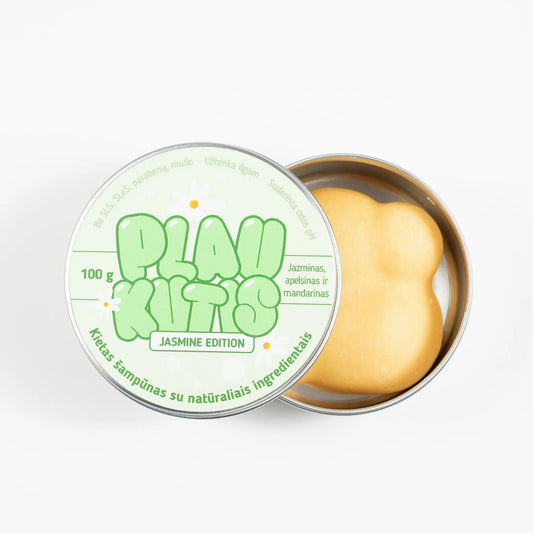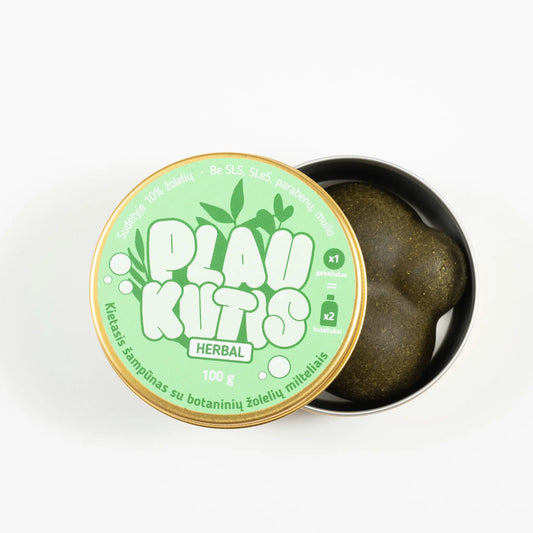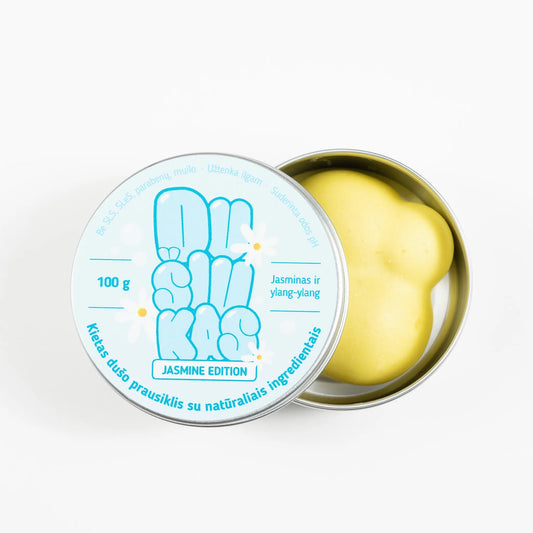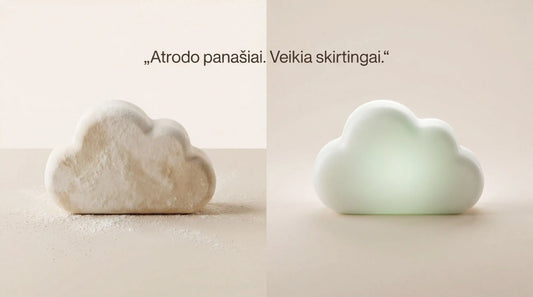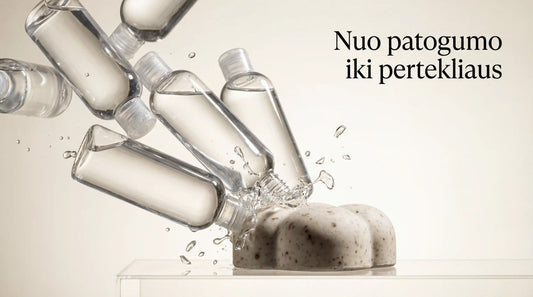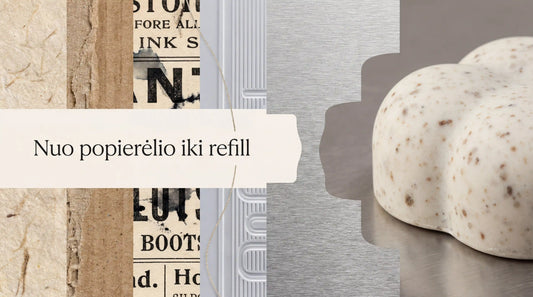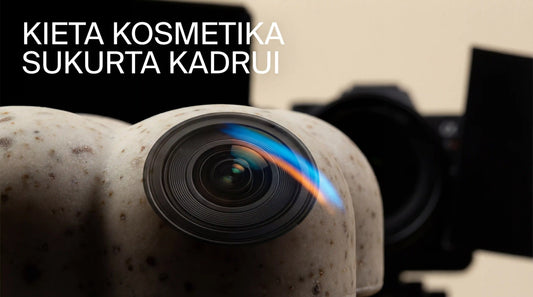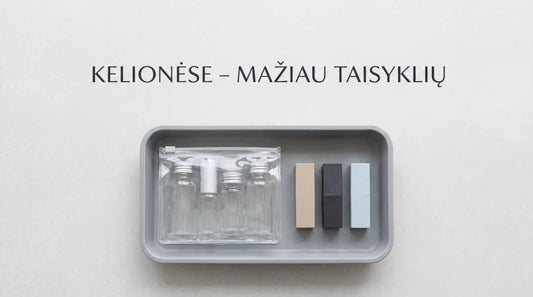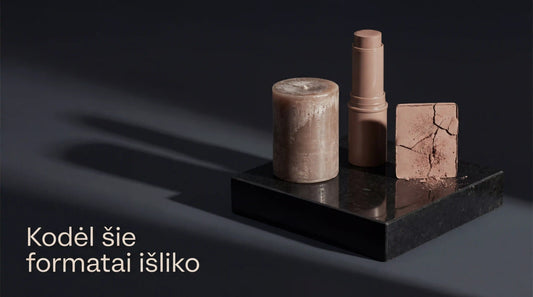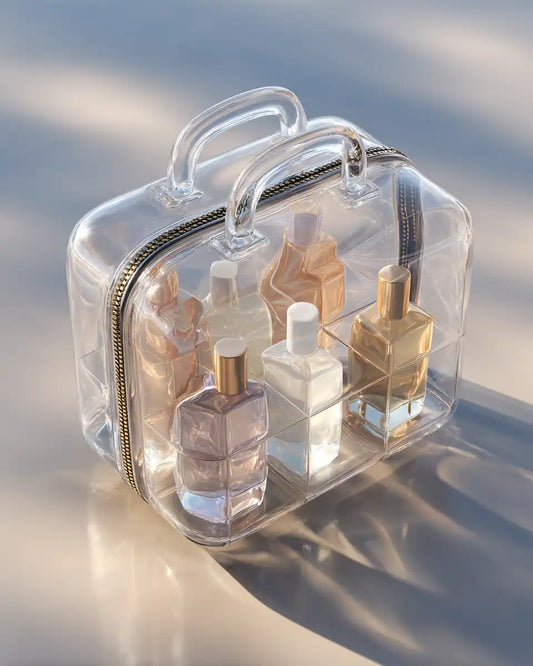Washing hair has been practiced in almost every culture for thousands of years. What began as a necessity has evolved into a meaningful ritual. Different people have developed unique methods to wash, nourish, and protect their hair, using ingredients that were available in their environment. These ancient methods not only reflect the wisdom of generations, but also provide insights into the power of natural ingredients in modern hair care.
In this article, we will delve into the traditional hair washing methods used by various cultures and reveal interesting numbers, facts, and studies that prove the effectiveness of these ancient methods.
Ayurvedic hair washing rituals
Ayurveda has long been associated with holistic health, and its approach to hair care is no exception. Ayurvedic practices are based on the use of natural ingredients that not only cleanse but also nourish the hair and scalp. Many of the plants used in these traditions are now scientifically recognized for their benefits.
Interesting numbers and facts:
- Shikakai contains saponins , which are natural cleansers. Shikakai saponins are 100% biodegradable, unlike some chemical detergents found in shampoos, making them environmentally friendly.

- A study published in the Journal of Ethnopharmacology showed that Shikakai extract can reduce bacterial growth on the scalp by 90% , making it very effective for scalp health.
- Reeta (soap nuts) is often compared to chemical detergents, but has been shown to be much gentler. 96% of study participants said they preferred Reeta for sensitive skin and scalp care over sulfate-based shampoos.

- Amla (Indian gooseberry) contains about 20 times more vitamin C than oranges. The antioxidants in amla can improve hair's tensile strength and elasticity by 35% , according to research published in the International Journal of Trichology .

- Ayurvedic texts, written over 3,000 years ago, mention the use of these ingredients in daily hair care, emphasizing their long-term value.
Research:
- A study conducted by the National Ayurveda Research Institute showed that people who regularly used Ayurvedic hair cleansers like Amla, Shikakai, and Reeta saw a 28% reduction in dandruff and a 32% improvement in hair density within six months.

Why this works :
- Ayurvedic ingredients not only cleanse, but also nourish the scalp with vitamins and antioxidants.
- Rituals related to Ayurvedic hair care include not only physical exercise, but also balancing the body's energies (doshas) for overall health.
African hair washing practices: soap-based cleansers
In Africa, hair care is deeply symbolic. Hair symbolizes identity, status, and even social connection. African women have long relied on natural, local ingredients to wash their hair and keep it healthy.

Interesting numbers and facts:
- African black soap , originating in West Africa, is made from the ashes of local plants. It is an extremely powerful cleanser – analysis has shown that it contains over 50% natural moisturizers , including vitamins A, E and fatty acids.
- Shea butter, another African hair care ingredient, is rich in stearic and oleic acids. Studies have shown that applying shea butter to hair increases its moisture retention by up to 75% .
- Palm oil is rich in tocopherols, a form of vitamin E, which may promote hair growth. A 2010 study in Malaysia found that participants who applied tocopherols saw a 34.5% increase in hair growth after eight months.
- African black soap has been found to be effective against 99.9% of bacteria and fungi on the scalp, due to its natural antibacterial properties.
- In some West African communities, hair care is performed as a communal act, with 80% of women participating in hair braiding ceremonies that often last several hours, demonstrating that hair care is not only a personal but also a social process.

Research:
- A study published in the Journal of African Ethnobotany found that shea butter used as a hair mask reduced hair breakage by up to 45% due to its emollient properties.
- A 2018 study in the Journal of Natural Products showed that black soap extracts have strong antifungal effects, making it an excellent cleanser for the scalp.
Why this works :
- African hair washing practices use deeply moisturizing ingredients that protect the hair from environmental damage.
- Traditional ingredients are rich in antioxidants, vitamins, and fatty acids that promote healthy hair growth and prevent breakage.
Hair washing practices of North American Indians
In North American Indian cultures, hair is considered sacred, often described as a connection to the spiritual world. Hair care is integral to rituals and ceremonies, using plants that are considered cleansing and healing.

Interesting numbers and facts:
- Yucca root, a staple North American hair care plant, was used by 75% of Native American tribes in the southwestern United States. It contains saponins, natural soap molecules that are 100% biodegradable and non-toxic.
- Studies have shown that yucca root hair cleansers can reduce dandruff by 30% within four weeks of use, according to research conducted at the University of Arizona .
- Sage has been traditionally used in cleansing rituals not only for the hair, but also for the body and soul. It has antimicrobial properties, and studies have shown that it can kill 90% of common scalp bacteria.
- Many Native American tribes believed that hair was a symbol of spiritual growth. It is estimated that 70% of tribes did not cut their hair except during periods of mourning or spiritual purification.

Research:
- A study published in The American Botanical Council showed that yucca root extract can significantly reduce scalp irritation and inflammation, promoting healthy hair growth.
- A study from the Journal of Indigenous Studies showed that sage decoctions applied to the scalp increased hair density by 20% after regular use over a 12-week period.
Why this works :
- Yucca and sage cleansers don't strip the scalp's natural oils, making them a great choice for sensitive skin.
- Native American hair care rituals emphasize maintaining a balance between the physical and spiritual worlds.
Traditional hair washing methods in East Asia
East Asian beauty rituals, especially in Japan and China, have long emphasized minimalism and the use of natural ingredients. Hair in these cultures symbolizes youth, health, and social status.

Interesting numbers and facts:
- Rice water has been used in Japan for over 1,000 years . The Yao women of China, known for their extremely long hair (some reaching over 6 feet ), wash their hair with fermented rice water. A study published in the International Journal of Cosmetic Science found that rice water improved hair elasticity by 16% and increased shine by 30% after five weeks of use.
- Green tea is rich in catechins, natural antioxidants. Studies show that applying green tea to the scalp can reduce hair loss by 25% over three months.
- Seaweed , rich in vitamins B and E, is used in Japan to prevent hair loss and promote hair growth. Seaweed increases hair growth by 15% , due to its high mineral content, especially zinc, which is essential for the health of hair follicles.
- Ancient Chinese texts mention the use of rice water for hair care as early as the Heian period (794–1185 AD) , demonstrating the longevity of this practice.
- In Japan, hair was traditionally considered a reflection of the soul. If a woman's hair was long, thick, and shiny, it symbolized her inner health and beauty.

Research:
- A 2020 study published in the Journal of Dermatological Science showed that fermented rice water improved the scalp microbiome, promoting healthier hair growth by 40% in those suffering from hair thinning.
- A study from the Korean Journal of Medical Mycology showed that seaweed extracts applied to the scalp reduced hair thinning by 22% among participants with hair loss problems.
Why this works :
- East Asian hair care emphasizes strengthening hair from the roots, using natural ingredients like rice water and green tea, which nourish and strengthen hair.
- Minimalist care helps avoid chemical excess, allowing natural ingredients to work over time.

Myth busting: 5 hair washing myths to forget
- Myth: You need to wash your hair every day
Fact: Washing too often can strip your scalp of natural oils. Studies show that washing your hair 2-3 times a week is ideal for most hair types. Washing too often can increase scalp dryness by 40% , causing irritation. - Myth: You always need to double lather when washing your hair
Fact: A 2015 survey found that 62% of consumers believe in double washing. However, experts recommend one thorough wash to avoid product buildup and excessive scalp dryness. - Myth: Natural cleansers are not as effective as shampoos
Fact: Studies published in the Cosmetic Science Journal have shown that soap nuts and yucca are as effective at removing oil and dirt as commercial shampoos. In some cases, they are even more effective at supporting scalp health and reducing irritation by 50% . - Myth: Cold water makes hair shinier.
Fact: While cold water helps close the hair cuticle, it doesn't have much of an impact on shine. 90% of hair shine comes from natural hair oils and overall health, not water temperature. - Myth: Hair can get used to shampoo
Fact: Hair doesn't develop resistance to products. If your shampoo seems less effective, it's probably because you're using too much product. Using a deep-cleansing shampoo once a month can remove 30% more hair debris.
Practical tips for modern hair washing
- Alternative washing methods : Try incorporating natural cleansers like rice water or soap nuts. Studies show that alternating between natural and commercial products can reduce scalp irritation by 20% .
- Use warm water : Hot water can damage the hair cuticle, and cold water is ineffective at cleaning. Use warm water to open the hair cuticle, and rinse with cold water to close it.
- Massage your scalp : Massage your scalp for 60 seconds while washing to improve blood circulation and promote hair growth.
- Choose products according to your hair type : Choose hair cleansers that suit your hair's needs. Using the wrong products can reduce hair moisture by up to 25% over time.
- Limit product use : Excess product can clog hair follicles. Use a deep-cleansing shampoo every two weeks to remove plaque and improve scalp health by up to 15% .
Frequently asked questions about traditional hair washing
Q: Are traditional hair cleansers as effective as modern shampoos?
A: Yes. Research shows that natural ingredients like Shikakai and rice water cleanse just as effectively without the irritation of chemical shampoos.
Q: How often should I use natural cleaners?
A: It depends on your hair type. If your hair tends to get oily, you can wash it 2-3 times a week. For drier hair, 1-2 times a week is enough.
Q: Can I combine traditional ingredients with regular shampoo?
A: Yes, ingredients like Amla or rice water can increase the effectiveness of your shampoo.
Q: Are traditional cleansers suitable for color-treated hair?
A: Many traditional cleansers, such as black soap and rice water, are suitable for color-treated hair, but always test on a small area first.
Q: Where can I buy traditional hair care ingredients?
A: Many health food stores and online retailers sell these ingredients in natural or prepared form.
Conclusion: Time-tested hair washing traditions
Traditional hair washing practices offer a wealth of knowledge passed down from generation to generation. Whether it’s Ayurvedic herbs, African black soap, or rice water, these natural ingredients have stood the test of time. Modern consumers, inclined towards more sustainable beauty practices, are rediscovering these ancient traditions. It’s not just about maintaining cleanliness – it’s a holistic approach to health and well-being. By embracing these traditions, we can inspire healthier, more natural hair care habits for everyone.
